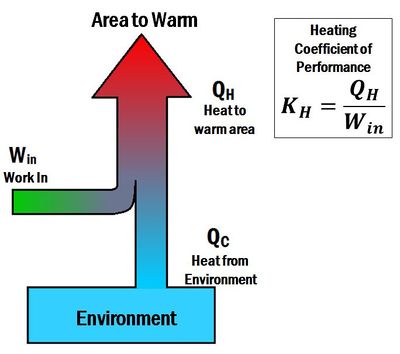Einwanderung ist also Kolonialisierung? Wird Europa dann auch gerade kolonialisiert? Frage für einen extrem rechten Freund bei der AfD.
Nein Kolonialisierung ist ein spezifische Art Einwanderung die wir immerhin von der Ästhetik her nicht mehr mögen in der modernen Welt. Das heißt nicht das jede Einwanderung Kolonialisierung ist. Ich würde Kolonisierung lose definieren als: Politisch / Wirtschaftlich gesteuerte und motivierte Einwanderung mit dem ziel und der realistischen Aussicht der (teilweise) politischen Kontrolle des zu Kolonialisierenden Gebietes oft einhergehend mit militärischer Gewalt.
Im Gegensatz hierzu ist Flucht migration nach Europa wohl kaum belegbar gesteuert, und hat keinen Anspruch auf politische Kontrolle und auch genau-sowenig realistische Aussicht hierauf.
Ein erster Grundstein wurde dafür beim ersten Zionistenkongress (1897 in Basel) unter der Führung Theodor Herzls gelegt; der Plan einer Staatsgründung nahm durch die britische Balfour-Deklaration von 1917 konkretere Formen an. Von 1920 bis 1948 bestand das Völkerbundsmandat für Palästina, das nach der Auflösung des Osmanischen Reiches Großbritannien übertragen worden war. Eine verstärkte jüdische Einwanderung und der Aufbau protostaatlicher Strukturen führten in dieser Zeit zu ersten Konflikten mit der arabischen Bevölkerung. Der UN-Teilungsplan für Palästina von 1947 hatte das Ziel, diese beizulegen, doch wurde er von arabischer Seite abgelehnt. Dennoch erfolgte am 14. Mai 1948 die israelische Unabhängigkeitserklärung, und unmittelbar danach begann der erste Palästinakrieg durch den militärischen Angriff der arabischen Nachbarstaaten auf den jungen Staat. Die folgenden Jahrzehnte der Geschichte Israels sind vom andauernden arabisch-israelischen Konflikt entscheidend geprägt. wiki:Israel
Da diese zionistische Kolonialisierung eben von beginn an auf die Schaffung eines überwiegend ethnisch/religiös Jüdischem Staates zielte ist sie anders als der überwiegende teil des Kolonialismus (Zeitalters), welche zu beginn oft auf Missionierung und Später hauptsächlich auf wirtschaftliche Extraktion zielen. Auch aufgrund der Duldung durch das Fallende Britische Imperium und den relativ späten Zeitpunkt ist die spezielle Ausführung von Israel eben deutlich vom mainstream Kolonialismus entfernt, allerdings mmn. eben nicht vom Konzept an sich.
Speziell zwischen 1917 und 1948 kann man durchaus von Kolonialisierung sprechen, Ja Kolonialisierung mit nationalistischem (anstatt Imperialistischem) Anspruch und nicht imperial oder vollständig selbst gesteuert, sondern teilweise fremdbestimmt, aber trotzdem Kolonialisierung. Das ist durchaus auch erkennbar daran das einige der siedelnden und das Siedeln unterstützenden Organisationen den Vorgang selber als Kolonialisierung bezeichneten. Das Rückkehrgesetz und der Siedlungsbau sind die modernen Überbleibsel dieser weitestgehend abgeschlossenen Kolonialisierung.
Imperialistisch ist eher eine Einordnung des modernen Israel aus einer Wertschöpfungsketten bzw. Systemischen Sicht
wiki:Imperial Core
 (coefficient of performance) of 4 would move 4kW of heat into your house and use 1kW of electric energy to accomplish this. Gas by comparison moves 4kW of gas to your house and burns it there to get 4kW of heat.
(coefficient of performance) of 4 would move 4kW of heat into your house and use 1kW of electric energy to accomplish this. Gas by comparison moves 4kW of gas to your house and burns it there to get 4kW of heat.
So I mostly fried the SSD by using it to write and rewrite ML checkpoints and logs, this in turn made the device read only and I somehow managed to migrate to a different SSD probably using clonezilla or something, but it messed up the bootloader so I installed refind in a new partition, configured it and voila it works. It's scary because you need to do everything without seeing your system even half alive anywhere along the process, but it's not actually hard, just copying data and installing/configuring a bootloader. But for a then 20year old at his more or less first job my head was on fire for the 1.5 days this took.
By far the most difficult single thing that I've ever had to fix that actually had to do with the system.
I now don't flood my SSDs with data that is constantly rewritten.